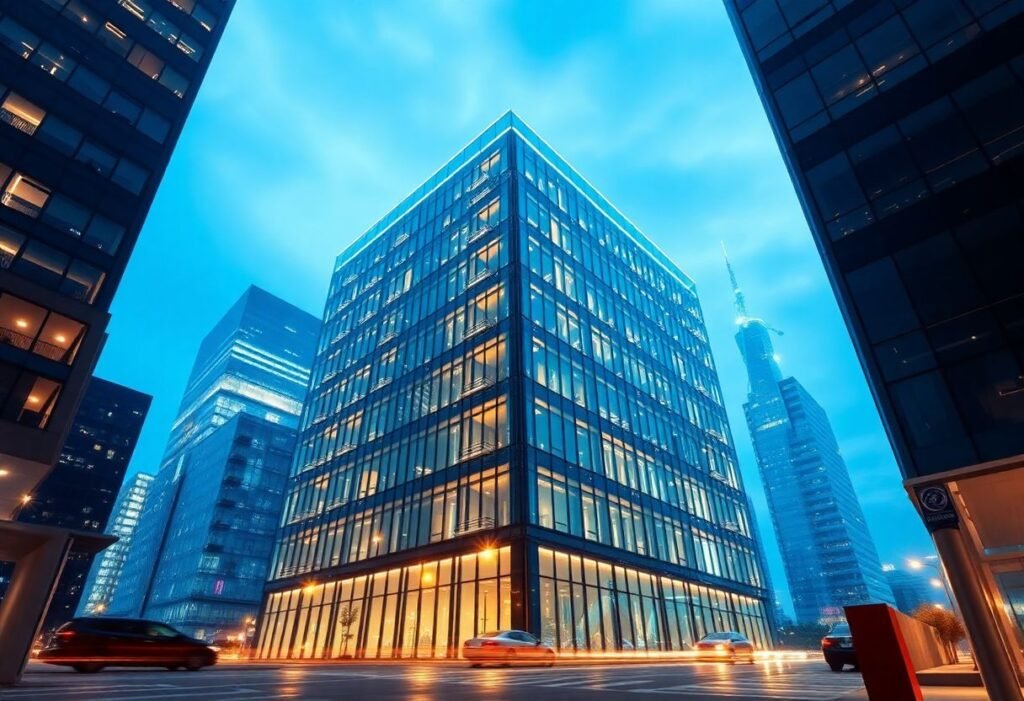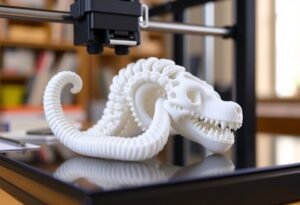The Internet of Things (IoT) is dramatically transforming the architecture and functionality of smart buildings, making them more efficient, adaptable, and sustainable. As tech innovations evolve, the integration of IoT in building management is redefining how spaces operate and how occupants interact with their environments.
Enhanced Energy Efficiency Through IoT
One of the primary advantages of incorporating IoT technologies in smart buildings is increased energy efficiency. Smart sensors and automated systems can monitor and adjust energy consumption in real-time. For instance, lighting systems can automatically dim or turn off when rooms are unoccupied, while HVAC systems adapt based on occupancy and environmental conditions. This dynamic approach leads to significant reductions in energy costs and environmental impact, aligning perfectly with the goals of sustainability and corporate responsibility.
Improved Security Systems for Safety
Another essential aspect of smart buildings enhanced by IoT innovations is the implementation of advanced security systems. Utilizing smart cameras, motion detectors, and IoT sensors allows for continuous monitoring of facilities. These systems can send alerts in real-time regarding any unusual activities, ensuring heightened security for both property and occupants. Moreover, these smart security solutions enable efficient responses to emergencies, such as fire or unauthorized access, fostering a safer living and working environment.
Streamlined Maintenance and Operations
IoT plays a vital role in optimizing the maintenance and operational efficiency of smart buildings. By leveraging predictive maintenance technologies powered by IoT sensors, building management teams can anticipate equipment failures before they become critical problems. This proactive approach minimizes downtime and extends the life cycle of essential building systems, such as elevators and HVAC units. Smart analytics also provide data-driven insights that help streamline operations, leading to cost savings in maintenance and increased overall building functionality.
User-Centric Experiences in Smart Buildings
The integration of IoT technologies significantly enhances the overall experience for building occupants. From smart thermostats that learn preferred temperature settings to personalized lighting controls accessible via mobile devices, the possibilities for customization are vast. Moreover, IoT applications can provide real-time information about building services, such as room availability and amenities, enabling a more seamless user experience. This focus on user-centric design not only improves satisfaction but also increases productivity in work environments.
Environmental Impact and Sustainability
As global concerns regarding climate change and environmental sustainability rise, IoT in smart buildings emerges as a powerful ally. These technologies facilitate the measurement and reduction of carbon footprints through efficient resource management. With features like automated irrigation systems for landscape management and real-time data on water usage, buildings can achieve significant sustainability milestones. By adopting these innovative practices, organizations can lead the way in creating greener buildings that contribute positively to their communities.
The Future of Smart Buildings
Looking ahead, the future of smart buildings appears bright, driven by continuous advancements in IoT technology. As the demand for sustainable and intelligent buildings grows, innovations such as artificial intelligence integration and enhanced data analytics will likely shape the next generation of smart architecture. Furthermore, as connectivity improves, the potential for creating harmonized ecosystems in urban environments will revolutionize how smart buildings interact with each other and their surroundings. This evolution will ultimately lead to smarter, safer, and more efficient living spaces.
Disclaimer: The information provided in this article is for informational purposes only and should not be construed as professional advice.





















